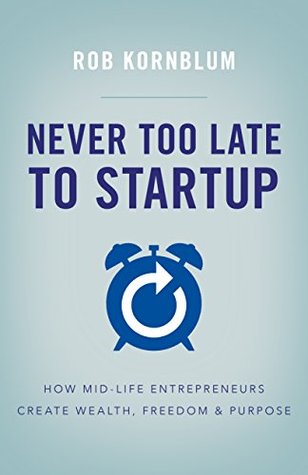
Persistence, passion, self-awareness, and an ability to remain calm in the face of failure are just some of the characteristics of a successful entrepreneur, according to several members of the Class of 1991 who have experienced firsthand the ups and downs of creating and growing their own businesses.
Every Dartmouth alumni class includes entrepreneurs, but the Class of 1991 has them in droves. Six class members shared stories and insights at a panel discussion during their June reunion—recounting the heartache and exhilaration that come from planning and launching a venture.
Maintaining an even keel as a start-up stumbles, or even fails, was a common theme. A self-described “serial entrepreneur,” Joseph Walker ’91 has developed an animation studio and the mobile shopping app Ozmott, and most recently entered the alternative energy field. Through each endeavor, he said, his greatest strength has been his ability to take bad news in stride.
“I don’t care what industry you’re in,” said Walker. “If you’re in a startup, you’re going to get more bad news than good news all the time. Constantly. Daily. If you internalize that or if you let it get you down, you’re going to burn out right away.”
Tim Healy ’91, who has launched multiple businesses, including five before graduating from Dartmouth, developed the business plan for EnerNOC while studying at the Tuck School of Business. But attracting investors was particularly challenging given that he and his cofounder were attempting to get the company off the ground soon after the tech bubble had burst.
“EnerNOC was not an overnight success by any stretch,” says Healy. “Every venture capital firm in 2002, when I graduated from Tuck, had just gone through the tech bubble and was saying, ‘We are never investing in two young MBA graduates with a business plan again.’” He persisted and eventually found investors. EnerNOC today is a publicly traded software company focused on the energy sector, with 1,400 employees.
Several panelists emphasized that passion for their startups was essential, as growing a business from an idea consumes nearly every waking hour. John Pepper ’91, who also has an MBA from Tuck, discovered his passion—the burrito—while working in California before returning to Hanover to earn his MBA.
“I couldn’t stop thinking about burritos at Tuck,” he says. “I figured burritos could be more than what we knew them to be. Maybe we could take globally inspired flavors and wrap them in a tortilla.”
Pepper cofounded the restaurant chain Boloco. He sold the business but bought it back a few years later in part because of a parallel passion: to demonstrate that people working in fast-food restaurants could earn a living wage.
Steve Hafner’s love for traveling and his dissatisfaction with the online booking websites of the late 1990s led to him be part of the team that created Orbitz. In 2004, he cofounded Kayak, and remains its CEO three years after selling the popular search engine to Priceline. He added that self-awareness has been critically important. From Kayak’s first days, he said he understood his strengths and where he needed to hire expertise.
Andrea Reisman Johnson ’91 said staying focused on the customer has been essential. “It is a bumpy, noisy path,” she said. “You have heavy winds blowing at you from different directions. The true north is always the customer. Who is the customer? What is the problem? How are you making that problem better?”
Like many of her fellow panelists, Johnson’s experiences at a failed startup proved incredibly valuable when she began her next enterprise. She is now cofounder and CEO of ThisLife, which aggregates photos from various sources for individual users.
“I had been through the cycle before, so I understood the rollercoaster of the ups and downs, the days when it feels like the sky’s the limit and the days when it feels like the sky is falling,” Johnson said. She advised would-be entrepreneurs to listen to as many people as possible and then identify the best advice, adding, “A Dartmouth liberal arts education strengthens your ability to synthesize a lot of information.”
Fellow ’91 Rob Kornblum—entrepreneur, former venture capitalist, and author of Never Too Late to Startup—moderated the panel discussion.

